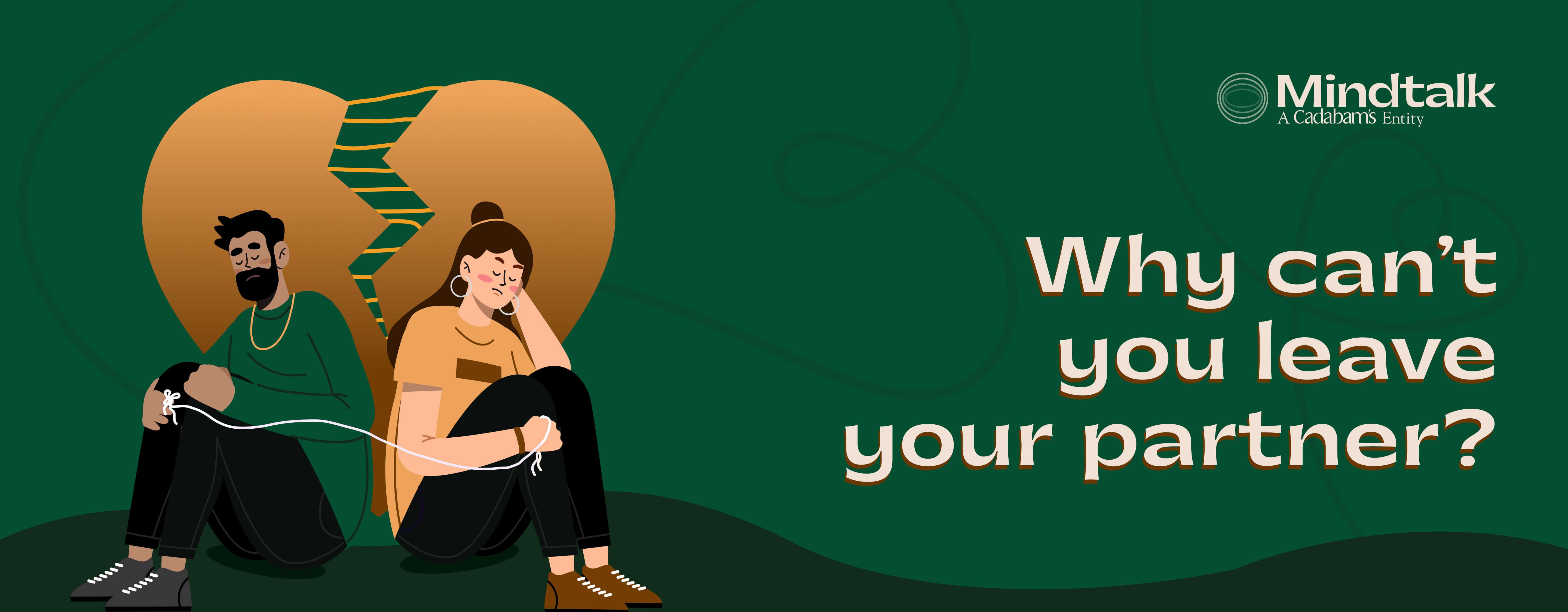Balancing Self Preservation And Emotional Vulnerability In Relationships
Think of a seesaw in a park. On one end is self preservation, which represents the need to protect your emotional well-being and sense of self. On the other end is emotional vulnerability, or the readiness to open up, share, and connect deeply with others. If the seesaw can gently rock back and forth, both sides pressing for a solution to balance the movement, then the relationship thrives.
Self preservation, in the context of a relationship, is about being able to protect one's boundaries and emotional well-being while meaningfully engaging with others. Otherwise, you may lose yourself entirely. But if it outweighs the emotional vulnerability, the seesaw tips and the connection lags.
Why is this balance so important? Healthy relationships can only be built with trust and intimacy, and that creates vulnerability. Yet, your individuality serves as a means to avoid overstretching yourself. Let's discover how we might maintain this sensitive equilibrium and make meaningful connections without losing ourselves.
Dangers Of Over-Emphasising Self Preservation
Self preservation would seem to be the ultimate protection against pain and disappointment. But then, overplaying it means something has been lost. Too much effort into defending yourself results in growing emotional detachment, with you cut off in your own isolation. Imagine turning down opportunities for connection out of fear: a date, a conversation, or even an apology delivered from the heart.
This overreliance on self preservation psychology often leads to mistrust and fear. It is a form of armour so heavy that, while it can be worn for self-protection, it makes feeling the warmth of connected humans almost impossible. Relationships cannot flourish in an atmosphere of guardedness. They require the willingness to risk being hurt for the chance at something meaningful.
Healthy Boundaries Vs. Emotional Openness
It's the magic in it: maintaining healthy boundaries while being openly emotional. Boundaries are like protective fences in a garden; they keep out the bad influences and let sunlight through to your flowers. Emotional openness, on the other hand, is letting that someone into your garden. Both are necessary, though leaning too far in one direction causes imbalances.
It is the self-preservation instinct that pushes one to create those boundaries- to hold back just enough to stay safe.
But the bridge of vulnerability builds trust and intimacy-it's about sharing fears, joys, and insecurities without losing a feeling of self. Finding harmony between the two, the circle protects while remaining emotionally available.
Self Preservation In Dating And Long-Term Relationships
Modern dating has become a battlefield of swipes, screens, and shallow interaction. In such a fast-paced world, emotional self-preservation can be the only defence against heartbreak.
Establishing walls and convincing yourself that vulnerability is a sign of weakness is pretty simple. But here's the thing: it is that exact thing you are fearful of- emotional exposure that often ignites genuine connection.
The stakes are much higher in long-term relationships. Trust and intimacy come more easily when both partners allow themselves to be fully seen. But the lack of self-preservation can lead to burnout, resentment, and even a loss of identity.
Relationships take effort, but not at the cost of your emotional health. The right balance between vulnerability and self-preservation is where trust will grow without either partner feeling overexposed or neglected.
Tips For Achieving Balance
So, how can we be so careful yet open? The following strategies help strike that balance.
- Know your triggers: Identify what scares or distrust is pushing you to do this or that. Reflect on whether those are actual red flags or the influence of past hurt shaping your behaviour.
- Set realistic boundaries: Boundaries are not walls. They are guidelines that let people know your needs without isolating you.
- Practice emotional honesty: Share your feelings, even when it is uncomfortable. The vulnerability expressed may be liberating and open the door for a deeper connection. Self preservation in love through hobbies, friendship, and mindfulness doesn't have to mean it costs another person.
- Communicate your needs: The glue in holding relationships together is effective communication, letting your partner know how they may be able to support your emotional well-being.
These relatively simple yet transformative steps can lead you to accept emotional openness and yet retain a robust sense of self.
What next?
The balance between preservation and emotional vulnerability is a journey, not a destination. It requires patience, practice, and self-understanding. You master this kind of balance only when relationships do not become losing or finding yourself but growing in tandem with each other.
The ultimate goal is not perfection but connection. Nurturing your emotional health and maintaining thoughtful boundaries enable you to build relationships that bring richness to your life while staying authentic to your very own self. Self preservation and vulnerability are not enemies but dance partners who complement each other in the pursuit of love.
When To Get Professional Help?
At times, keeping self preservation in relationships becomes daunting, especially if past trauma or insecurity plays a significant role. Seeking professional help doesn't mean one is weak; it means the individual has courage.
Therapy can be both enlightening and resolving by breaking unhealthy patterns that could be argued to lead to hurtful living and developing tools confidently and compassionately to navigate relationships.
It is important to understand that you are not alone in this journey. Help is always available, and taking the first step could lead to a life filled with healthier, more fulfilling connections.










